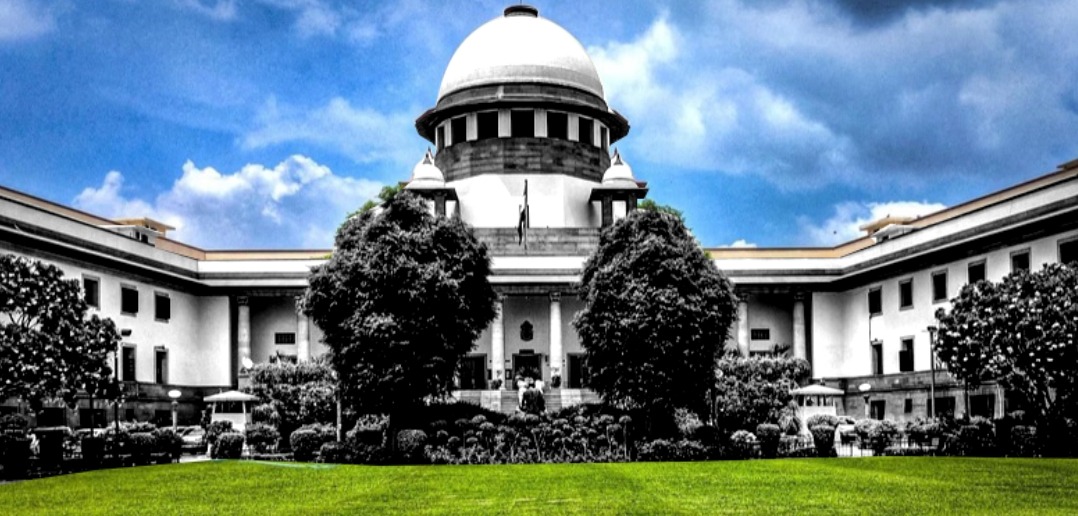The Supreme Court of India on Monday while hearing a criminal defamation case against a news website said that it is time to decriminalise defamation. Interestingly, in 2016, the apex court had held constitutional validity of criminal defamation laws, ruling that the right to reputation falls under the fundamental right to life and dignity under the Article 21 of the Constitution of India.
As of now, defamation remains a criminal offence in India under section 356 of the Bharatiya Nyaya Sanhita which replaced section 499 of the Indian Penal Code.
Contempt of court
This brings us to criminalisation of contempt of court. There are two types of contempt: civil and criminal.
Civil contempt is when a person wilfully disobeys a court’s order or decree or writ or breaches an undertaking given to the court.
Criminal contempt would involves action that lower or tend to lower the authority of any court, prejudice, interfere or tend to interfere with due course of judicial proceedings or obstruct administration of justice.
In theory, the law does not punish fair, legitimate and healthy criticism of a judgement but it says that malicious or criticism without any foundation can be treated as contempt. What falls under malicious slander depends largely on how the judge interprets it.
What happens if we decriminalise contempt of court
Decriminalising contempt of court would mean removal of criminal penalties and imprisonment for actions that are perceived to have undermined the authority of the court. This would protect free speech and legitimise criticism of judiciary because, well, if we are free to criticise and question our gods, at least in Hinduism, why should the judges get a free pass?
The fear of contempt of court also often discourages honest criticism because there is always a scope for abuse of power. The fact that even I need to weigh my words as I write this shows how much the fear of authority is ingrained in us. Because people in powerful positions could ruin your lives just because they could. And ordinary folks like us are not powerful enough to take on them. Because, at the end of the day we are at the mercy of the courts which have the discretion of deciding what falls under contempt and can decide whether to be lenient, such as accept an apology or face criminal charges.
One argument against decriminalising contempt of court is that its removal might impact the judicial dignity and ensuring the compliance of court orders. However, the court has various remedies to ensure compliance of court orders. There could be civil sanctions, costs, guidelines, penalties – multiple ways the order compliance can be carried out. The problem arises when people are left at the mercy of the court on when the criticism of a judgement falls under contempt.
A power country needs powerful laws. But the powerful laws also have a tendency to be abused, especially by people in power. Decriminalising contempt of court could hurt sensitive egos of milords, but it will definitely strengthen democracy.









